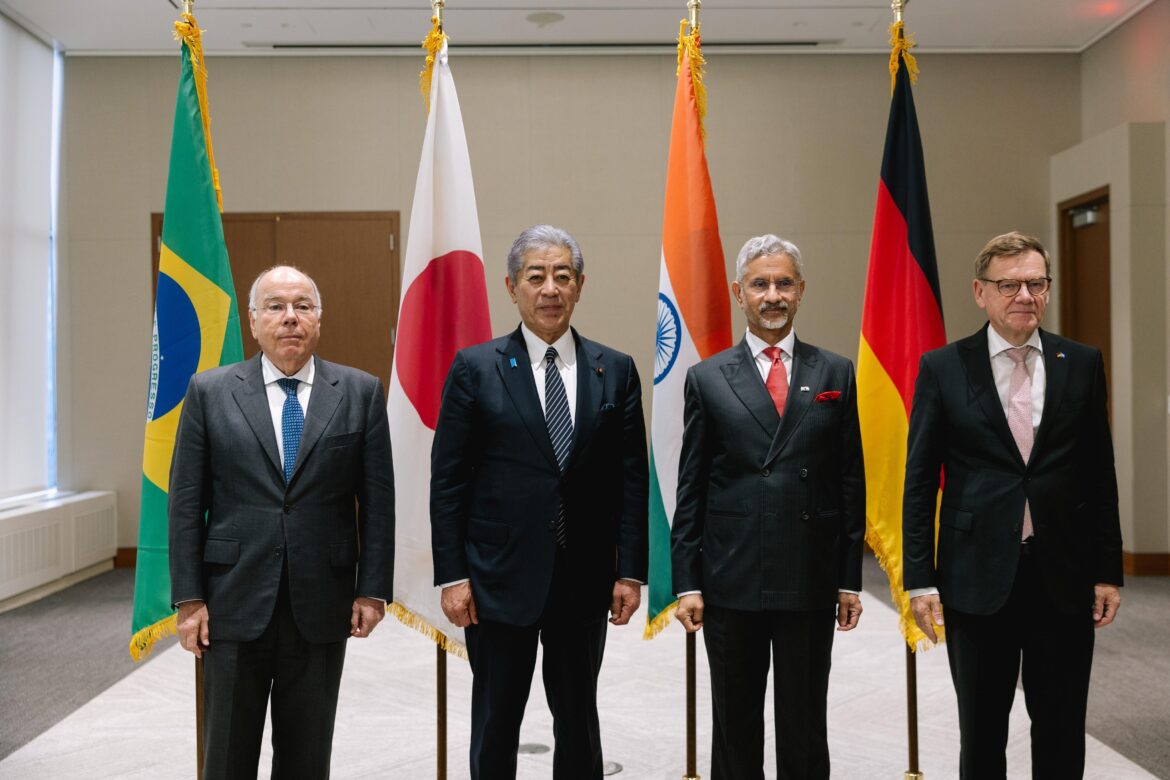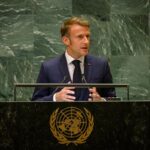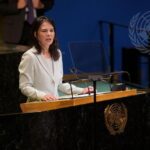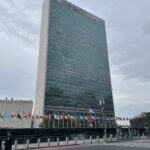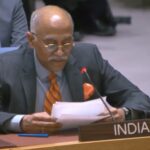The Foreign Ministers of the G4 nations, Brazil, Germany, India, and Japan, met on the sidelines of the 80th Session of the United Nations General Assembly on September 25, 2025, in New York City to advance discussions on reforming the UN Security Council (UNSC).
At the meeting, Mauro Vieira, Foreign Minister of Brazil; Johann Wadephul, Federal Foreign Minister of Germany; Subrahmanyam Jaishankar, Minister of External Affairs of India; and Iwaya Takeshi, Minister for Foreign Affairs of Japan, reaffirmed their commitment to close cooperation toward achieving Security Council reform.
They emphasized the development of a consolidated model that would pave the way for text-based negotiations and tangible progress, with the goal of securing results during the current session. The ministers noted the momentum built at last year’s Summit of the Future and stressed the importance of working with permanent members and African nations.
The Ministers also reiterated their mutual support for each other’s candidacies as new permanent members of a restructured Security Council.
In their discussions, the G4 underscored the urgent need for reform, citing growing instability in the international order and the UN’s struggle to fulfill its multilateral responsibilities. They argued that a reformed Council must “truly reflect the contemporary geopolitical realities, thereby enhancing its representativeness, legitimacy, effectiveness, and efficiency.”
The Ministers highlighted the broad support among UN Member States for expanding the Security Council’s membership in both permanent and non-permanent categories.
“The G4 Ministers concurred on the need to enhance the role and participation of developing countries, and those significantly contributing to international peace and security, in the Security Council, in both membership categories,” said a joint statement. “In this regard, the G4 Ministers reiterated the importance of improving the representation of the underrepresented and unrepresented regions and groups, such as Africa, Asia-Pacific, and Latin America and the Caribbean, in both membership categories. The G4 Ministers reaffirmed their strong support for the Common African Position (CAP) as enshrined in the Ezulwini Consensus and the Sirte Declaration.”
The statement further stressed that comprehensive reform of the Security Council is in the “best interest” of all Member States. The G4 underscored their readiness, as democracies committed to the UN Charter, rule of law, and multilateralism, to assume the Council’s primary responsibility for maintaining international peace and security.
Looking back at the 79th UNGA session, the Ministers expressed concern over the lack of concrete progress on UNSC reform within the Intergovernmental Negotiations (IGN) framework. They committed to active participation in discussions during the 80th session, which coincides with the 80th anniversary of the UN’s founding.
“The G4 Ministers expressed their intention to cooperate closely among themselves and in partnership with other groups, taking into account the urgent need for reform, with a view to developing a consolidated model, as recognized by world leaders last year at the UN, leading to text-based negotiations,” the statement said.
The G4 Ministers also emphasized the importance of the “IGN’s adherence to the standard” working method and procedures of the UN, and the Rules of Procedure of the General Assembly, emphasizing the fact that consensus is not a “decision-making requirement.”
The G4 also emphasized that Security Council reform discussions should not remain confined to the IGN, signaling their willingness to engage with the broader UN membership in other forums, including the General Assembly.
Furthermore, the Ministers urged the international community to participate wholeheartedly in reform efforts during the 80th session and pledged to continue reaching out in good faith to build momentum for comprehensive UN reform.


